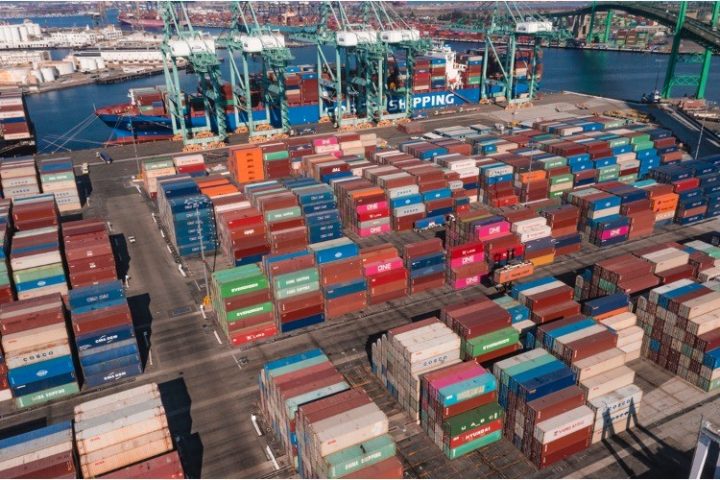
In his relentless quest to undo everything accomplished by his presidential predecessor, Joe Biden has taken another major step backwards: resuscitating the former Trans-Pacific Partnership trading bloc (TPP), which President Trump torpedoed in 2017. In the five years since the United States exited the TPP, the People’s Republic of China has not been idle, launching its own Pacific Rim trading initiative, the Regional Comprehensive Economic Partnership, just five months ago.
Enter the TPP 2.0, or Indo-Pacific Economic Framework for Prosperity (IPEF), a 13-nation accord scheduled to be ready for signing within a couple of months. The new IPEF will join the United States with India, Japan, Singapore, South Korea, Australia, Brunei, Indonesia, Malaysia, New Zealand, the Philippines, Thailand, and Vietnam, a bloc accounting for roughly 40 percent of the world’s entire economy. After considerable uncertainty, Taiwan was not invited to join, but the United States intends to negotiate a separate trade deal with that island republic. The People’s Republic of China was pointedly not invited, although it may be drawn into the deal sometime in the future.
As to the purpose of the new Indo-Pacific trade bloc, its official goals include mitigating the long-term effects of the Covid-19 pandemic and the war in Ukraine. According to White House National Security Advisor Jake Sullivan, “IPEF is a 21st Century economic arrangement designed to tackle 21st Century economic challenges.”
Although details are sketchy, it seems likely that the IPEF is intended to expand once the original 13 members have it up and running. The list of countries in the IPEF is not the same as those included in the TPP, whose founding membership included — in addition to the United States — Mexico, Peru, Canada, Japan, Australia, Mexico, Chile, New Zealand, Singapore, Vietnam, and Brunei. The IPEF has no other nations from the Americas other than the United States; Canada, Mexico, Peru, and Chile retain membership in the Comprehensive and Progressive Agreement for Trans-Pacific Partnership, the successor organization to the TPP negotiated by the remaining 11 members when the United States withdrew, and which has been in force since 2018. We must suppose that the two overlapping trade regimes will be merged at some point in the near future, should the IPEF be launched successfully. The inclusion of Asian megastates India and Indonesia in the IPEF is surely an advantage of the IPEF over its predecessor, since the objective of such trade blocs has traditionally been to be as far-reaching as possible.
As to the ultimate contours of the IPEF, which was officially launched on May 23, we can only guess. However, if past is prelude, we may assume it will ultimately feature international “dispute resolution” mechanisms similar to the defunct NAFTA and the European Community, both of which were intended to serve as frameworks for future, more comprehensive international governance. In the case of the European Community in particular, the creation of the European Union — a political union — out of what began life as a free-trade agreement may serve to indicate what the IPEF may eventually grow into, a decade or two down the road.
For now, the broad goals of the IPEF include “fair” trade, supply-chain resilience, clean energy, and decarbonization. We have already seen, thanks to the Paris Climate Accord, just what our globalist overlords mean when they talk about clean energy and reduction of carbon emissions. “Fair trade” appears to be the new — and comparatively honest — catchphrase for what used to be called “free trade,” namely, international trade micromanaged by international authorities empowered to enforce a range of new international regulations.
As for the Biden administration, hopes are high that the IPEF could finally make international management of Indo-Pacific trade a permanent institution, and prelude for much, much more. According to Commerce Secretary Gina Raimondo, the IPEF is “the most significant international economic engagement that the United States has ever had in this region.” President Biden, meanwhile, sees the IPEF as “writing the new rules for the 21st Century economy,” as well as “helping participants’ economies grow faster and fairer.”




